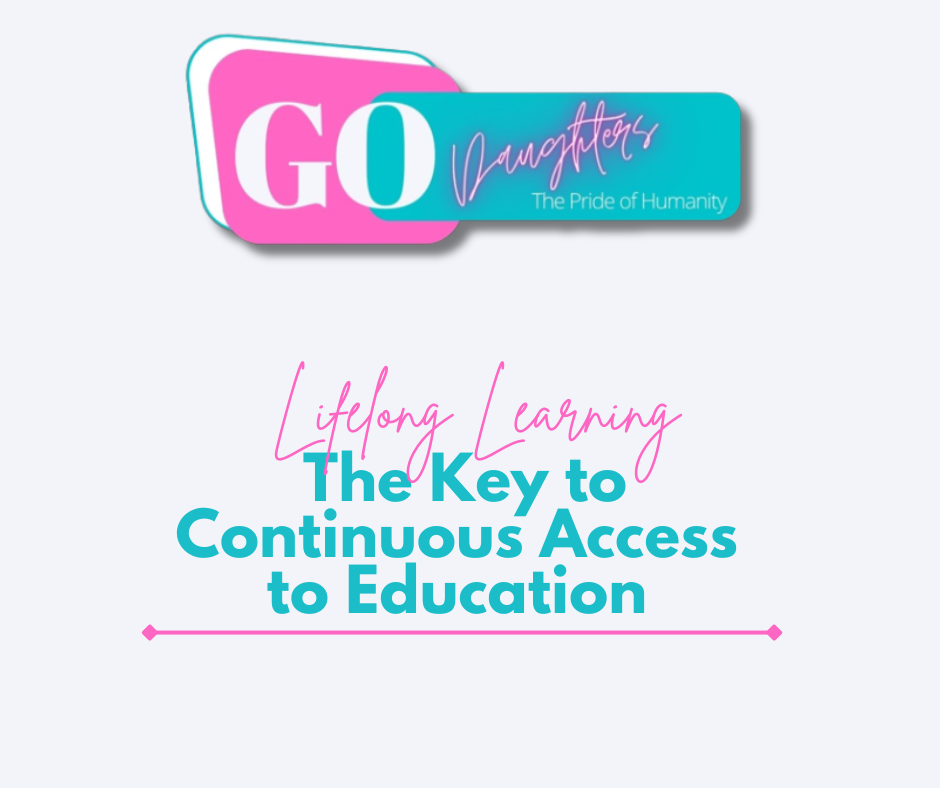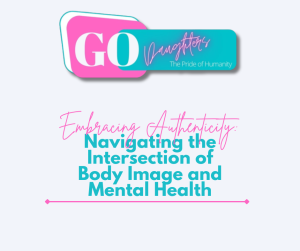
In today’s fast-paced world, the concept of education has evolved beyond traditional classrooms. Lifelong learning, the continuous pursuit of knowledge and skills throughout one’s life, has become essential for personal and professional development. This blog explores the significance of lifelong learning as a means of ensuring continuous access to education.
The Changing Landscape of Education
Traditional education systems often have limitations in terms of accessibility and relevance. Lifelong learning transcends these limitations by:
- Flexibility: Lifelong learning allows individuals to learn at their own pace and on their own terms, making education accessible to people of all ages and backgrounds.
- Relevance: Learning can be tailored to specific needs and interests, ensuring that individuals acquire the skills and knowledge they need for their personal and professional growth.
- Adaptability: Lifelong learning enables individuals to adapt to changing technologies and job market demands, promoting long-term employability.
Accessible Learning Platforms
The advent of digital technology has revolutionized the way we access education. Online courses, e-learning platforms, and open educational resources (OERs) have made it possible for anyone with an internet connection to engage in lifelong learning.
Benefits of Lifelong Learning
Lifelong learning offers a multitude of benefits:
- Career Advancement: Continuous learning can lead to career advancement and increased earning potential.
- Personal Growth: Learning new skills and acquiring knowledge fosters personal growth and fulfillment.
- Problem Solving: Lifelong learners develop strong problem-solving skills and adaptability, valuable in any profession.
- Social Interaction: Lifelong learning can also serve as a way to connect with others who share similar interests.
Promoting Lifelong Learning
To promote lifelong learning, individuals and institutions can take the following steps:
- Cultivate a Growth Mindset: Embrace the idea that learning is a lifelong journey and that one can always acquire new skills and knowledge.
- Invest in Self-Directed Learning: Develop the ability to set learning goals and seek out resources independently.
- Support Lifelong Learning Policies: Governments and educational institutions can create policies that encourage and facilitate continuous learning opportunities.
- Embrace Technology: Leverage digital tools and platforms to access a wide range of learning resources.
Conclusion
In an ever-changing world, access to education should be continuous and adaptable. Lifelong learning empowers individuals to take charge of their education, stay relevant in their careers, and lead fulfilling lives. By recognizing the value of lifelong learning, we can ensure that education remains accessible and beneficial throughout our lives.




